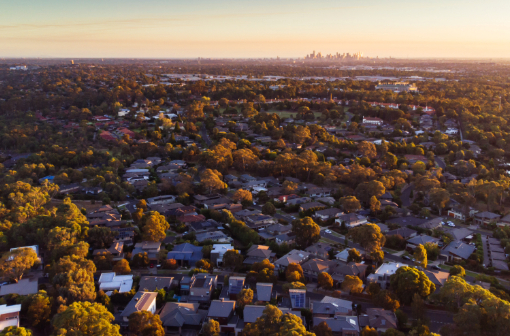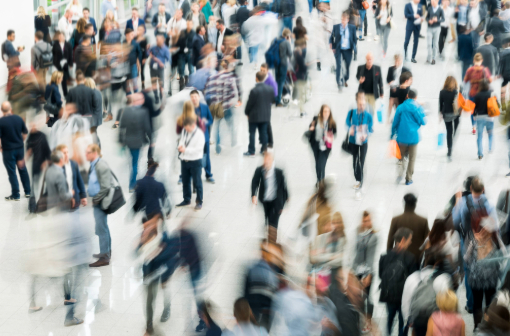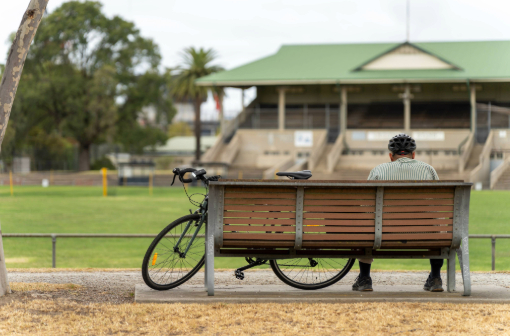“It’s a sort of scary prospect to be looking at being alive for the next 50 years and what that's going to hold for all of us. I think at times that can contribute to a sense of disconnect and loneliness. You feel quite powerless at times.”— Emma, 28
Key points
- While we’ve typically viewed older people as being particularly vulnerable to loneliness, Australians aged under 35 are experiencing high levels of loneliness and mental distress.
- Australian Unity Wellbeing Index research shows that people who are lonely have low levels of wellbeing.
- The cost-of-living crisis, housing affordability and the pandemic have all contributed to a sense of isolation among young people.
“It was a shock,” admits Deakin University’s Dr Kate Lycett, lead researcher of the Australian Unity Wellbeing Index.
The reason for this surprise? Data from 2024 Australian Unity Wellbeing Index research revealed that people aged under 35 were struggling with loneliness more than older generations. “It wasn’t something we were expecting,” says Kate.
The Australian Unity Wellbeing Index is a 24-year study into the wellbeing of Australians, conducted in partnership with Deakin University. This year, people under 35 reported notably higher levels of loneliness and mental distress than people aged 55-plus.
“We typically think about elderly people as being lonely—maybe those living in aged care or by themselves at homes,” she continues. “We don’t usually think about young people like that. But this does fit with a trend seen in other wealthy countries”
So why are we seeing this shift in the younger generation’s wellbeing? Is it related to the pandemic, or are other broader societal factors at play?
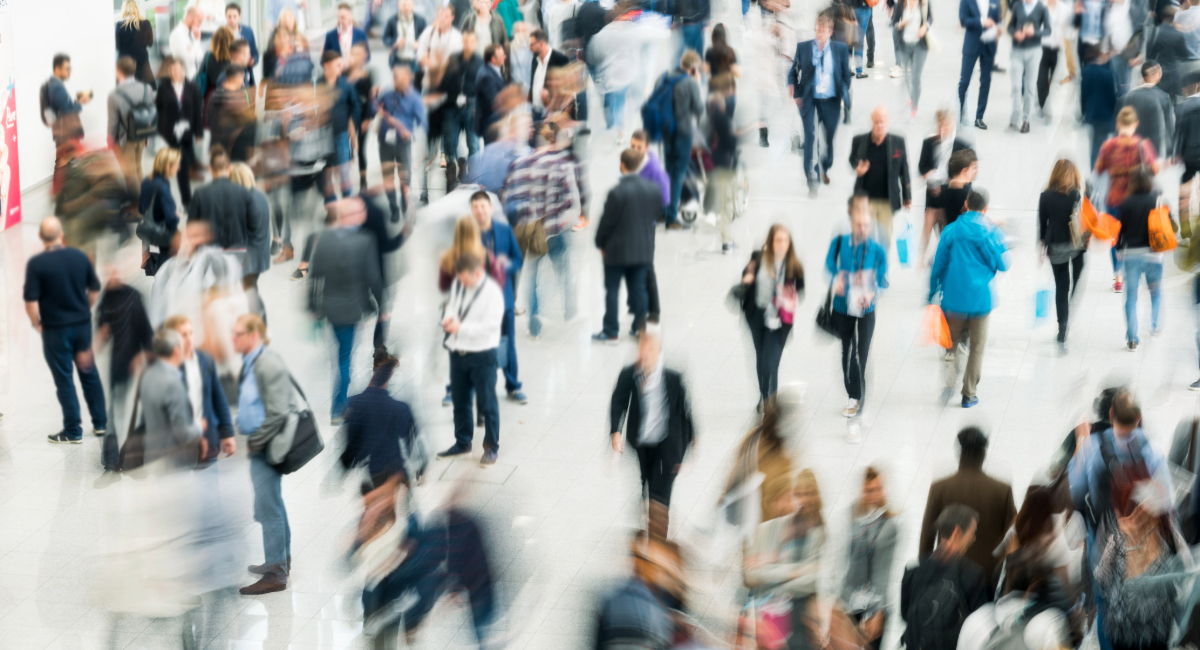
Isolation and cost-of-living pressures
The results paint a bleak picture for young Australian adults, with the average loneliness score for someone aged 18 sitting around double that of someone aged 75-plus.
They’re also unnerving because they torpedo the assumption that your 20s are meant to be one of the best times of your life. A time when you can enjoy the autonomy of adulthood without being shackled by too many responsibilities.
“This is a time where social connection matters so much,” says Kate. “It’s the time when young adults are forming new relationships and exploring life. Intuitively, you think about younger people going to gigs, travelling overseas, making new friends as they finish school, or diving into a new job or studies or trade. So I think it is really concerning to see this data.”
She cites the cost-of-living crisis, which has resulted in sharply rising rental prices, as playing a key role in this drop. If you’re short on cash, it limits your ability to go out to meet friends for a coffee, drink, dinner or show.
“If young people can barely afford to put a roof over their head, they’re going to become more isolated,” says Kate.
Are screens making us lonelier?
Brenda Boland, CEO of Lighthouse Foundation, a charity committed to supporting children and young people at risk of or experiencing homelessness, agrees that financial pressures are fuelling this problem. But she also believes other societal factors contribute to the rise in loneliness.
The pandemic, Brenda says, “legitimised isolation”, with the recurring lockdowns making people more used to spending their leisure time at home. With face-to-face time limited, many young people became reliant on social media or messaging apps as their default form of communication.
Exacerbating this situation is the fact that many organisations now operate remotely.
Universities now tend to have a heavy component of online learning, while the daily interaction of the workplace has also disappeared with the rise of working from home. Young adults, says Brenda, have become less adept at socialising in person through sheer lack of practice. Subsequently, they’re retreating further into their devices in a self-perpetuating cycle.
“We do get some cues from each other on screens,” says Brenda. “But they don’t build young people’s emotional intelligence in the same way or foster that development of interaction.”

Supporting our younger generations
Whatever the root cause, a lack of social connection has a detrimental effect on our personal wellbeing.
“People who are lonely have lower levels of wellbeing,” says Kate, who also points to Wellbeing Index research showing that loneliness and mental distress—alongside the ability to afford the things we need—are some of the most important factors that differentiate high and low levels of wellbeing.
It’s why she’d like to see more public discussion that recognises the impact of the issues facing younger people. People, Kate says, often play down the notion of young adults doing it tough, dismissing it as a generational rite-of-passage that everyone must battle through.
“Things are really different now,” says Kate, referring to the cost-of-living pressures. “We are talking about young people who cannot afford to go to the doctor, who don’t think they’re ever going to have a house. That generational warfare of: ‘We had it hard back then, so they just have to deal with it and get on with it…’ That's not going to do anyone any good.
“We need to come together as a society and consider how we can help each generation. We all need each other. And right now, we know that young people aren’t doing very well, and people are hurting.”
But as a family member, friend or neighbour, how do you actually step in to support a young adult who you think might be struggling with loneliness? According to Brenda, the most important course of action is simply to make the time to engage and connect.
“The first thing is to reach out and talk to them,” she says. “Hear what they’ve got to say. Don’t come laden with solutions, and don’t be frightened that you don’t have all the answers. Just being a good person still goes an awfully long way.”
Navigating life’s challenges: Emma’s perspective
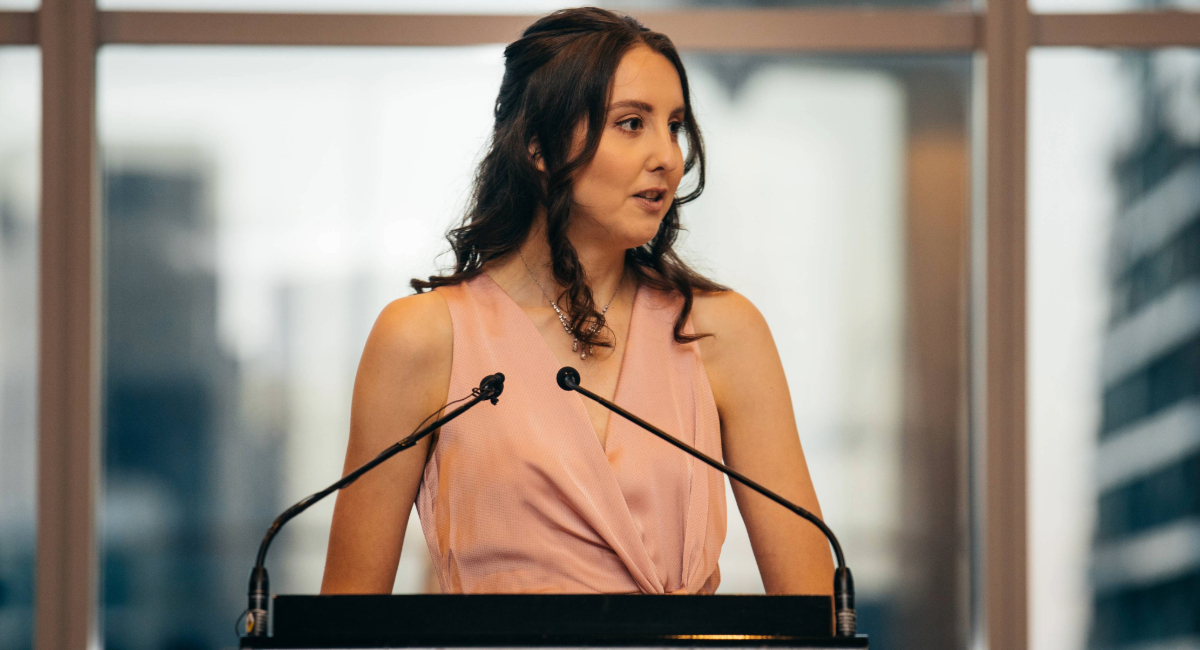
“The version of our lives that we put on social media is all of the shiny bits and none of the messy, difficult stuff,” says Emma, a 28-year-old who works in a policy role for the Tasmanian government.
Emma is referring to the negative effects of social media she believes can foster an unhelpful state of negative self-comparison. “It’s easy to feel that disconnect of: ‘Oh, everyone else has got it so much better than me—I’m so alone’.”
She suggests that’s one of the prime factors contributing to the widespread loneliness and mental distress that many young Australians face. But an even more pressing challenge is the spiralling cost of living, and the rising price of rentals and housing.
“If you don’t have a sense of stability in terms of your housing or where your next meal is coming from, it’s really hard to be mentally well,” says Emma.
Meanwhile, between climate change, the situation in the Middle East, the war in Ukraine and the threat to democracy in the US, the geopolitical situation is also profoundly unsettling.
“It’s a sort of scary prospect to be looking at being alive for the next 50 years and what that's going to hold for all of us,” says Emma. “I think at times that can contribute to a sense of disconnect and loneliness. You feel quite powerless at times.”
Disclaimer: Information provided in this article is of a general nature. Australian Unity accepts no responsibility for the accuracy of any of the opinions, advice, representations or information contained in this publication. Readers should rely on their own advice and enquiries in making decisions affecting their own health, wellbeing or interest. Interviewee titles and employer are cited as at the time of interview and may have changed since publication.
